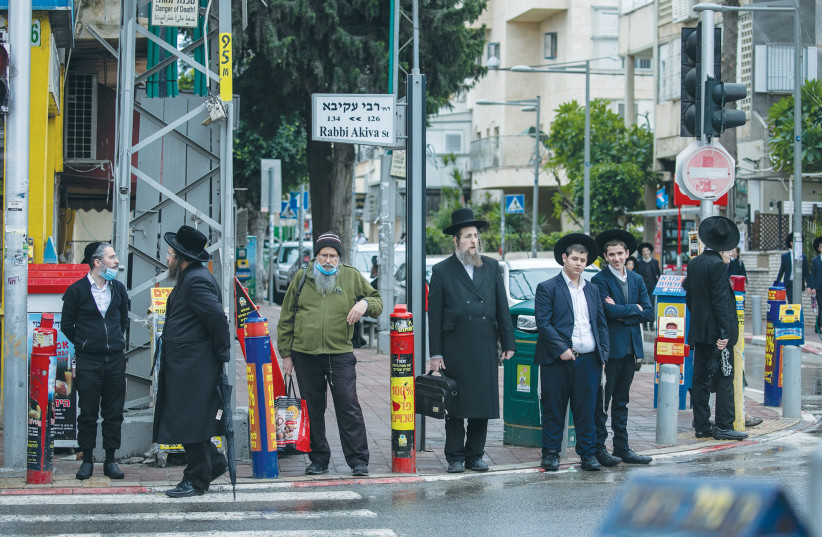Israelis are more divided than ever on Judaism, religion and state – report
A new survey conducted by the Institute for Jewish and Zionist Research showed an unprecedented split in the Israeli public’s attitude towards religion.
67% of secular Jews in Israel who used to attend synagogue on Yom Kippur, opted to skip it this year. A quarter of the secular Jews who didn’t attend synagogue this year believe they won’t be going back in the future, and 29% still don’t know if they will be attending in the future or not.
Most of the Israeli public believed that during the Bennett-Lapid government, there was a much better attitude towards religion.
“In the current survey, we see how the situation in the country practically distances the general public from synagogues, and how the general public believes that the attitude towards Judaism has worsened during the tenure of this government,” Founder of the Institute for Jewish and Zionist Research, Daniel Goldmann, said in a statement.
Survey reveals public attitudes towards religious influence in Israel
In mid-July, the Central Bureau of Statistics published a social survey regarding public attitudes towards the influence of religion in the country.

Some 56% of Israeli residents aged 20 and above (approximately 3.3 million people) believe that the influence of religion has strengthened in various areas in recent years.
Around 73% (approximately 4.28 million people) believe that religion has a strong impact on life in the country. From the breakdown, it emerges that the percentage is similar among men and women, while among Jews and others, the rate is higher compared to Arabs (77% and 52%, respectively).
The proportion of those who believe that religion has a strong impact on life in the country is higher among residents of large cities (with over 200,000 residents), ranging from 81% in Haifa and 60% in Bnei Brak.





Comments are closed.